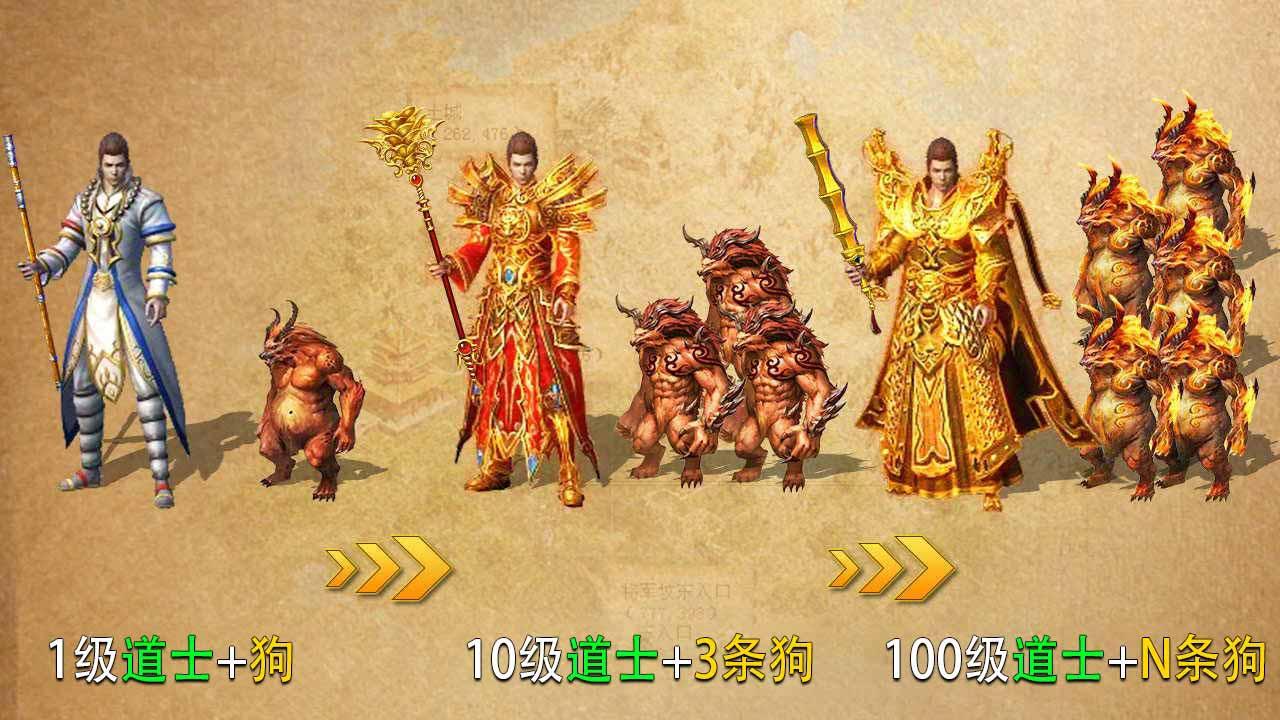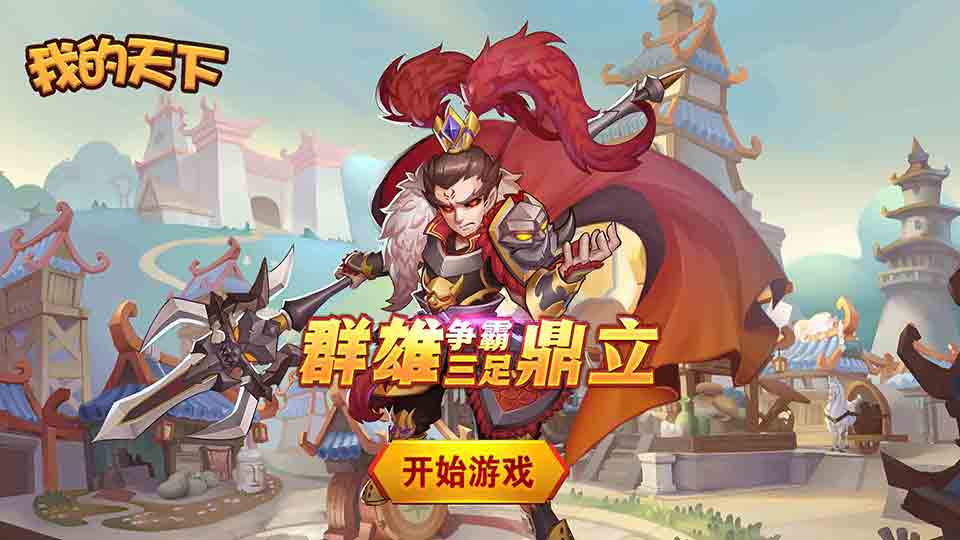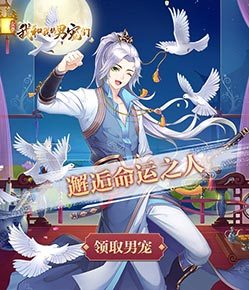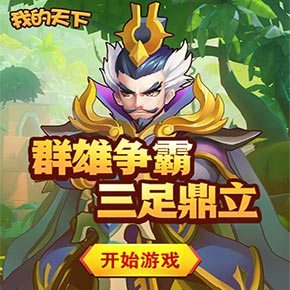Things You May Not Know About Qingming Festival
Qingming Festival or Tomb-Sweeping Day is a traditional Chinese festival.On the traditional Chinese calendar, Qingming, meaning clear and bright, falls on the 15th day after the Spring Equinox (the first day of spring). This means that it's on a slightly different date each year, usually falling on April 4th, 5th, or 6th. Qingming Festival this year falls on April 4, 2024.
Most Chinese holidays center around food and family, and the Qingming Festival is not an exception.
The "Hanshi" Festival
People celebrate Qingming Festival with customs from another traditional Chinese festival.Hanshi, meaning "cold food", which falls two days before Tomb Sweeping Day, was marked by ancient Chinese people to refrain from using fire, and they ate only cold meals for three days.
The tradition of Hanshi was born out of folklore about a wronged loyal official. During the Spring and Autumn Period (770-476 BC), Emperor Wen of Jin, before ascending the throne, fled the country for about 20 years. He was protected by a court official named Jie Zitui. After gaining the throne the emperor was keen to call on Jie's services once again, but as Jie did not value titles or money he rejected the offer and chose to live in the Mianshan Mountain with his mother. The emperor set fire to the mountain to force Jie out but ended up by killing him and his mother. To pay tribute to Jie, the emperor decreed that people be forbidden from using fire and only eat cold food on the day.
Sweeping Tombs and Worshiping Ancestors
The most important custom for the Qingming Festival is tomb sweeping.It's because families tend to clean the tombs and pay respect to the dead with offerings to remember late relatives that the festival is referred to in English as the "tomb sweeping day". Weeds around the tomb are cleared away and fresh soil is added to show care for the dead. In addition, people offer tributes of food and burn gifts and paper money, in the hope that the deceased will not lack food and money in the afterlife.
Spring Outings
Not only is Qingming Festival a period for commemorating the dead, it is also time for people to enjoy spring and get closer to nature as trees turn ever greener and flowers bloom.It is a fine time to appreciate the beauty of nature.Strolling outside in spring adds joy to life and promotes a healthy body and mind.
Flying Kites
Flying kites is an activity favored by many Chinese during Tomb-Sweeping Day. Kites are not only flown during the day time but also in the evening. Little lanterns are tied to the kite or to the kite string. When the kites are flying in the sky, the lanterns look like twinkling stars at night. What makes flying kites during this day special is thatpeople cut the string while the kite is in the sky to let it fly free. It is said that by doing this, people can get the best of luck and diseases can be chased away.
CuJu
CuJu (ancient football) is an interesting game played during the festival.Ju is a ball made of leather with hairs plugged in it. Legend has it that the Yellow Emperor first invented it for training warriors. Later, CuJu was used by people to build up their bodies when they were unable to eat hot food during the Hanshi Festival.
Feasting on "Qingtuan"
In South China, people eat "Qingtuan" when going on spring outings during the Qingming Festival. Qingtuan is a kind of round green sticky rice cake. It is a seasonal snack made from a mixture of glutinous rice flour and mugwort juice then stuffed with sweetened bean paste or meat floss and egg yolk.Eating Qingtuan during the Qingming Festival symbolizes people's expectations for a better life, and their wishes for family health and happiness.
Apart from the snack, people also eat symbolic foods as like peach blossom porridge, thin pancakes, eggs and Qingming snails to remember their deceased loved ones and express hope for a better life.
As time goes by,Qingming celebration among Guangdong cities vary.Some customs stand out because of their unique cultural connotations.
Guangzhou
In Guangzhou,people prepare offerings to worship ancestors during the festival.A "golden pig" (whole roast suckling pig) will always be the sacrifice to express people's respect for their ancestors. At the end of the worship, the meat will be cut into portions and respected elderly will distribute the meat equally to every family that has joined the worship, which symbolizes that the ancestors will give blessings and prosperity to those families.
Shenzhen
Shenzhen locals conduct similar ancestor worshiping processes as Guangzhou locals do.On the Tomb Sweeping Day, overseas Chinese and relatives in Hong Kong, Macao and Taiwan return and they share roast suckling pigs to get blessings from their ancestors.
Dongguan
In Dongguan, it is a custom that peoplebuying oil-paper fan to get rid of bad thingsduring the festival.
Zhaoqing
In Zhaoqing city, sugarcane is a popular food in Qingming festival.Sugarcane represents a happy and sweet life and it is believed by Zhaoqing people that eating sugarcane in a top-to-bottom order can bring them success.People also make zongzi during the festival, because "zongzi" sounds similar to "large number of children" in Chinese, symbolizing a growing family.
Chaoshan
Geographically, "Chaoshan" in its broad definition is often used to represent the area composed of Shantou city, Chaozhou city, Jieyang city, and Shanwei city in Guangdong province.One of the traditional foods Chaoshan people eat during the Qingming Festival is thin pancake.After visiting the graves, families gather together to make and eat thin pancakes. Chhau-a-koe (“草籽粿[cǎo zǐ guǒ]” in Chinese, referring to a chewy, sticky snack made from glutinous flour, sugar, and Jersey cudweed paste) is another celebratory food item made on the Tomb Sweeping Day.
Shaoguan
It is believed by Shaoguan Hakka people thatQingming Festival is the best spring farming period, so they choose not to worship ancestors in the festival.Instead, they visit graves of the deceased in the second or the ninth month of the lunar calendar. However, Hakka people make and eat "Qingming Kuehs", some special rice cakes, to help remove dampness in the body.
Foshan
In Foshan,planting willow trees and picking and wearing willow branches are old customs in the festival.One explanation is that it is meant to pay tribute to Jie Zitui, a way to commemorate and honor the dead. Another explanation is that people grow willow trees and wear willow branches to ward off evil and vengeful spirits.
What are the Qingming customs in your hometown city? Are there any similar customs or festivals in your country? Share with us in the comment section.
As the Qingming Festival holiday is now on the run,we would like to take the chance to wish you and your loved ones a peaceful and healthy Qingming.
Source |Nanshan District Integrated Media Center
Editor |Liu Xiaoqing
Translation|Southwind International
Please indicate the above information when reprinting







 +61
+61 +86
+86 +886
+886 +852
+852 +853
+853 +64
+64


